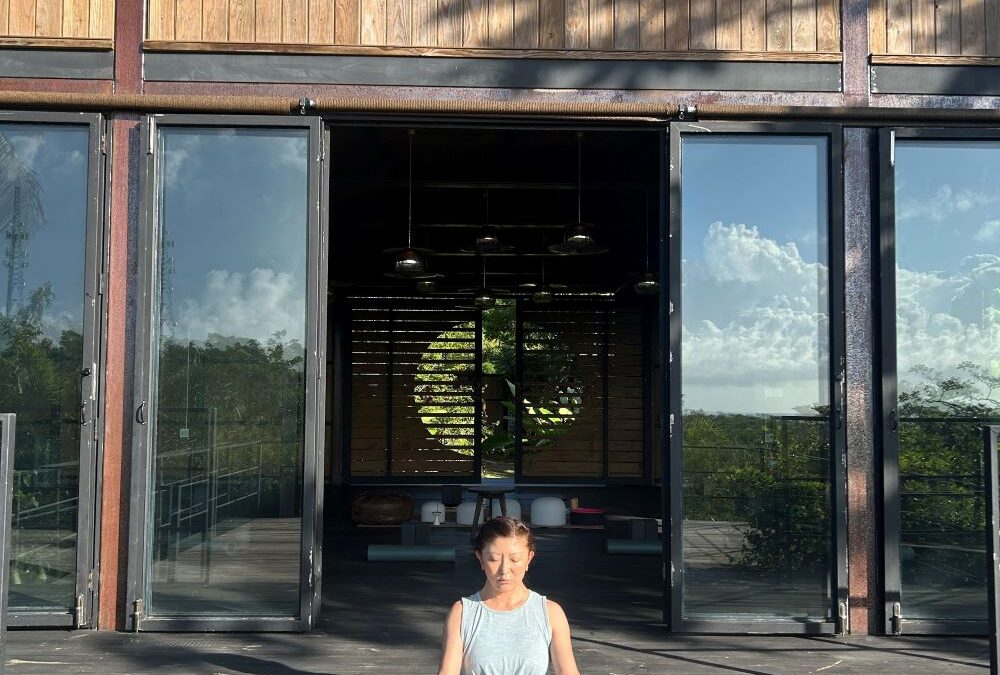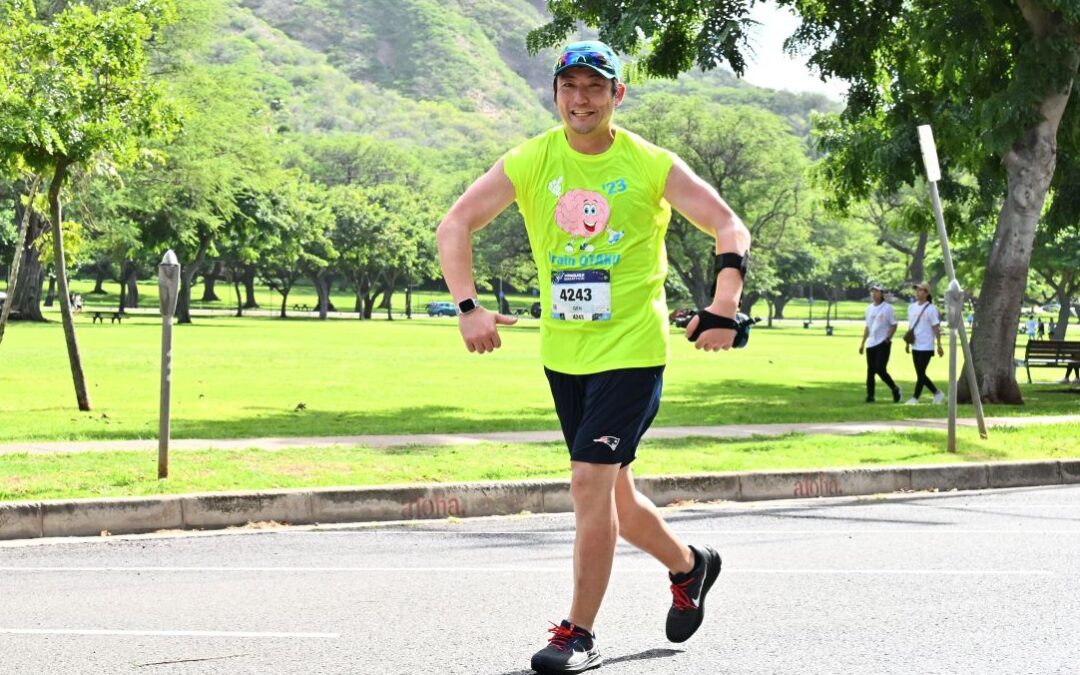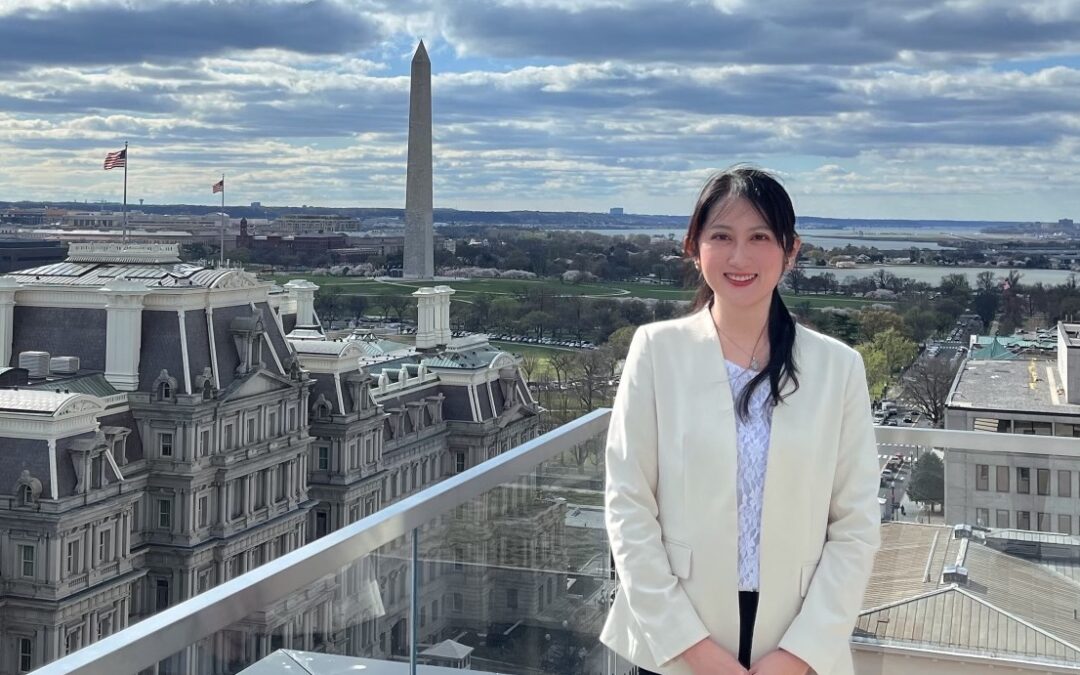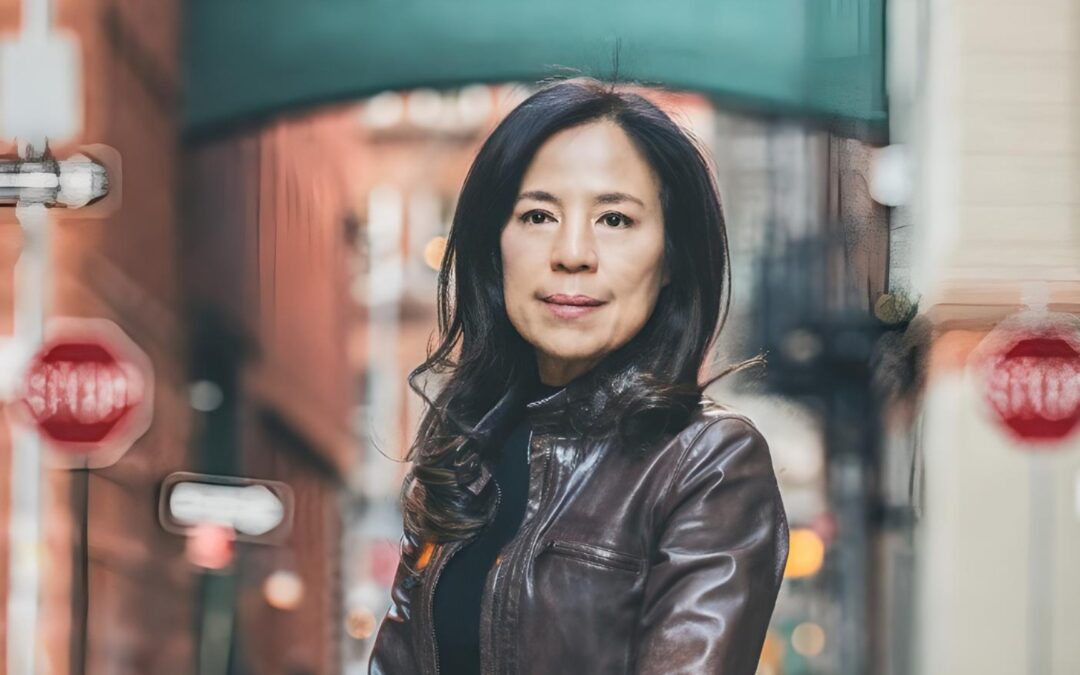This time we'd like to introduce Y,N, who is working as an assistant in a school.
1. Is there anything you've been particularly passionate about lately?
I've been working as an assistant teacher at a school since last year (2021). I'm in charge of the first graders. I was a full-time housewife until my youngest child entered kindergarten, but I wanted to be more involved in society and started looking for a job. A school in the county I live in had an opening for a cafeteria worker and right after I applied I received a call from them for an interview. During the actual interview, the vice principal said, "There’s also a position available for a teaching assistant, what do you think?" So for the first two months I worked in the cafeteria and then I got a job as an assistant.
2. Why did you decide to apply to work in a school?
If I worked in the same county that my kids attended school in then I would have vacations at the same time they did, so I wouldn't need to find day care and it would be easy to balance raising my kids and working. Also, I've always enjoyed working with children, so I wanted to get a job related to childcare. First of all, in order to make school-related connections I searched for jobs in schools without limiting the particular type of work. I knew that connections were important, especially when looking for jobs in the US, so that's what I did.
3. What does your job as a teaching assistant entail?
The primary job is to monitor and support the children so the teacher's lessons can go smoothly. Sometimes the children cannot concentrate during the lesson, or start to fight, or aren't feeling well. During those times my role is to fill-in for the teacher and support them. For children who can't keep up in class, I also will teach them individually. Aside from studying in class, I help bring the children to the cafeteria during lunch time to help them place their orders, and I monitor them during free time to make sure they don't get into trouble.
4. What do you feel is particularly rewarding in your current job?
I'm happy when I explain something to children who don't understand their studies. American children ask "why" over and over. It's important to be patient and explain things to them. I continue to encourage them even when they repeat that they don't understand something. It's difficult, but when the children come to understand something I'm just as excited as they are. That being said, it's not always straightforward. In those situations I ask other teachers "what would you do if it was you?" and get their advice and ideas, and then try different methods with the children.
5. Have you had any difficulties since coming to the US?
I moved to the US because of my international marriage and the first state I lived in was Tennessee. I struggled with the Southern accent and driving a car for the first time. Additionally, there were times when I worried about cultural differences and that I worried too much about being wrong. However, I gradually came to realize that since I'm the one who decided to live in this country, I need to be strong, and since then I have struggled less and less. I also have support from my husband's family, so I think that's been a big factor as well.
6. Do you ever think about returning to Japan?
Not much. It's a bit nuanced, whether or not I want to live in Japan. Compared to Japan, I feel more comfortable in the US because people don't compare little things like other people's eyes. It’s also easier for me to say what I want. In the US, things don't progress until you say something or take action, so I think that happened naturally. Especially since having my child, I think my ability to take action has increased, in part because it's for the sake of my child. Unrelated, but I think children in the US are very driven as they even give each other their mother's phone numbers without permission (lol).
7. Do you have any goals for the future?
I'd like to continue working with children in the future. My current circumstances allow for a good work-life balance. I would like to acquire more certifications while furthering my current career. It's much further in the future, but I'd also like to become a foster parent when my kids are more independent and I have more free time and budget for it. It's something I've been thinking about for a long time now. Foster families take care of children with no place to go in your own home until they can be adopted. I want to help as many children as possible who are experiencing difficult situations. Children are in a vulnerable position, so I think adults should lend a helping hand. This applies to my current job, but I want to treat them with the kind of loving care and support that will remain in their minds as much as possible.
8. Lastly, do you have any advice on enjoying life in the US?
I think the first thing is deciding to just go for whatever you're interested in, even if you're only remotely interested in trying it. For example, if you go to the gym there will be people who like gyms gathered there. It's fun to talk with people who have similar interests and your conversations will expand. In that way, by getting out of the house and interacting with others you can steadily expand your network. I always think, "It'll work out." It's okay to quit an activity if it doesn't suit you.
★ Interviewer's note
Y.N is a passionate person who wants to work with children. Although she mentioned it for the distant future, I think it's great that she wants to be a foster parent. It's really unfortunate that there are children in such complicated circumstances as their reality. The harsh environment and experiences during childhood greatly affect these childrens' futures. I believe that the future of these children can take a positive direction if there is at least one adult willing to reach out to them. Children create the future of society. In other words, it can be said that supporting children contributes to the creation of a better society in the future. That kind of close, personal help accumulates and creates a chain that brings about great changes in society in the future.







